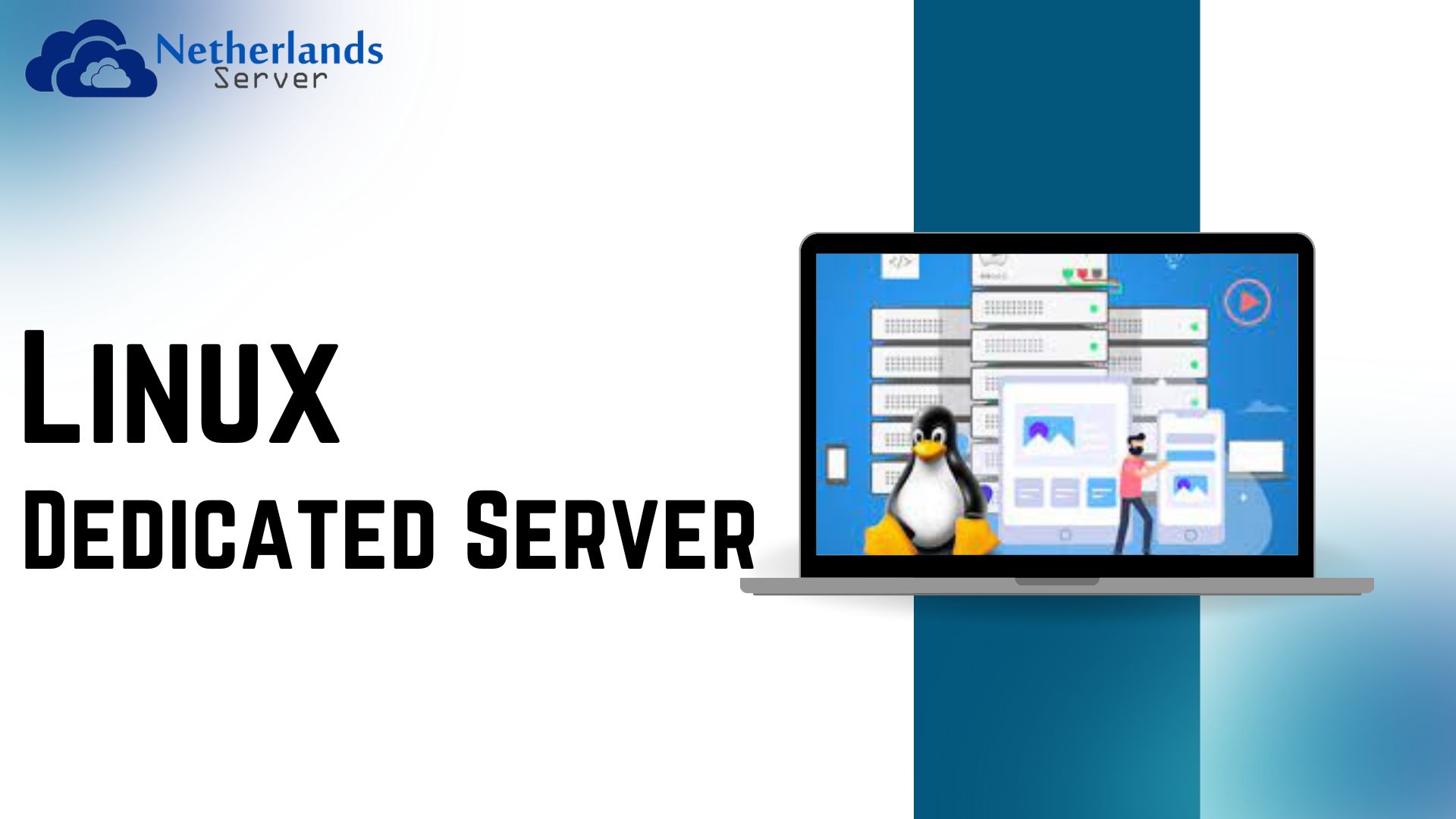
Introduction to Linux Dedicated Server
In the world of web hosting, a Linux Dedicated Server is a powerful and flexible solution for businesses and individuals looking to host their websites or applications. Unlike shared hosting, where multiple websites share resources on a single server, a dedicated server provides exclusive access to all the server resources, allowing for enhanced performance, security, and customization options. This article will delve into the world of dedicated servers, exploring their benefits, setup process, and how they can optimize your online presence.
What is the Best Dedicated Server?
A Best dedicated server is a type of web hosting where an entire server is leased to a single user or organization. Unlike shared hosting or virtual private servers (VPS), which split server resources between multiple users, a dedicated server ensures exclusive access to all the CPU, RAM, storage, and network capabilities. This exclusivity translates into higher performance, reliability, and security.
Advantages of Using a Cheap Dedicated Server
Superior Performance and Reliability
When you opt for a dedicated server, you are investing in top-notch performance and reliability. With no other websites competing for resources, your website or application can handle high-traffic loads without slowdowns. This ensures a seamless user experience, improving customer satisfaction and search engine rankings.
Enhanced Security Features
Security is a top concern for any online presence. With a Buy dedicated server, you have complete control over your server’s security settings. You can implement robust firewalls, intrusion detection systems, and regular security updates to protect your data from potential threats.
Customization and Control
Buy dedicated servers offer unparalleled customization options. As an administrator, you have full root access, allowing you to install and configure software and applications to match your specific requirements. This level of control empowers you to optimize server performance and tailor it to your needs.
Setting Up a Buy Dedicated Server
Selecting the Right Hardware
Before delving into the setup process, it’s essential to choose hardware that meets your performance and budget requirements. Consider factors like CPU, RAM, storage, and network capabilities.
Installing the Operating System
Once you have the hardware, the next step is to install the Linux distribution of your choice. Most hosting providers offer one-click installation options to simplify the process.
Configuring Network Settings
Configuring the network settings ensures your server is accessible through the internet. Set up IP addresses, domain names, and DNS records for seamless connectivity.
Security Measures
Implement security measures such as firewalls, secure SSH access, and regular system updates to protect your server from potential threats.
Managing Your Dedicated Server
Command-Line Interface (CLI)
The command-line interface provides direct control over the server using text commands. Familiarize yourself with basic Linux commands for efficient server management.
Using Control Panels
For users who prefer a graphical interface, control panels like cPanel, Plesk, or Webmin provide user-friendly server management options.
Regular Backups
Always maintain regular backups of your server data to ensure quick recovery in case of data loss or system failure.
Optimizing Performance
Web Server Setup (Apache, Nginx)
Configure your web server for optimal performance, considering factors like caching, compression, and load balancing.
Database Optimization
Optimize your database for faster query execution and reduced response times.
Content Delivery Network (CDN) Integration
Integrate a CDN to distribute website content globally, reducing latency and improving page load times.
Troubleshooting Common Issues
Identifying and Resolving Hardware Problems
Learn to identify and troubleshoot hardware issues such as RAM failure, disk errors, or CPU overheating.
Dealing with Software Glitches
Resolve software-related glitches, such as application crashes or conflicts, to ensure smooth server operation.
Handling DDoS Attacks
Implement DDoS protection measures to mitigate and handle potential Distributed Denial of Service attacks.
Security Best Practices
Regular Software Updates
Keep your server’s software up to date to patch security vulnerabilities and improve stability.
Firewall Configuration
Configure firewalls to filter incoming and outgoing traffic, blocking potential threats and unauthorized access.
DDoS Protection Measures
Deploy DDoS protection services or hardware to safeguard your server against malicious traffic.
The Future of Dedicated Server
As technology advances, the future of dedicated servers looks promising. With continuous improvements in hardware and software, we can expect even more powerful, secure, and user-friendly server solutions.
Conclusion
In conclusion, the Linux Dedicated Server offers a range of benefits, including superior performance, enhanced security, and complete customization options. By choosing the right Linux distribution and following best practices for setup and management, you can harness the full potential of your dedicated server to optimize your online presence.
FAQs
Q1. Can I upgrade my server’s hardware in the future?
Yes, most hosting providers allow hardware upgrades to meet changing demands.
Q2. What is the average cost of a fast-dedicated server?
The cost varies based on server specifications and hosting providers. Expect a range from $50 to several hundred dollars per month.
Q3. Can I host multiple websites on a dedicated server?
Yes, with a dedicated server, you can host multiple websites by configuring virtual hosts or using a control panel to manage them efficiently.
Q4. Do I need technical expertise to manage a cheap dedicated server?
While technical knowledge is helpful, many hosting providers offer managed services, making it easier for those with limited experience to operate their dedicated servers.
Q5. Can I install third-party software on a Buy dedicated server?
Absolutely! With full root access, you can install any compatible software or applications to customize your server environment according to your needs.
